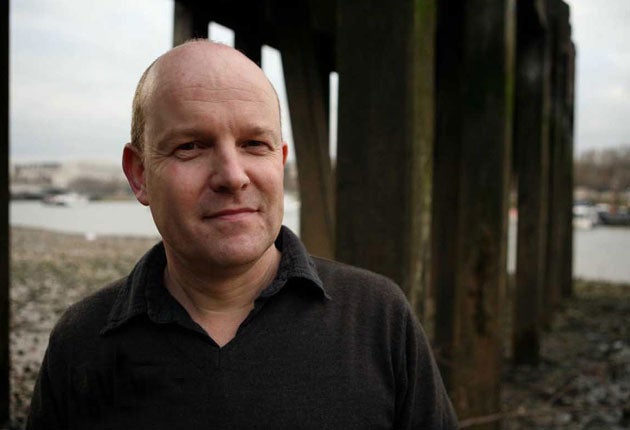Obsession with growth is asset stripping the planet

Your support helps us to tell the story
From reproductive rights to climate change to Big Tech, The Independent is on the ground when the story is developing. Whether it's investigating the financials of Elon Musk's pro-Trump PAC or producing our latest documentary, 'The A Word', which shines a light on the American women fighting for reproductive rights, we know how important it is to parse out the facts from the messaging.
At such a critical moment in US history, we need reporters on the ground. Your donation allows us to keep sending journalists to speak to both sides of the story.
The Independent is trusted by Americans across the entire political spectrum. And unlike many other quality news outlets, we choose not to lock Americans out of our reporting and analysis with paywalls. We believe quality journalism should be available to everyone, paid for by those who can afford it.
Your support makes all the difference.Obsession with economic growth and the greed of financial speculators are destroying efforts to conserve the world's diminishing resources.
British and French speakers from radically different backgrounds, and with sharply contrasting styles, found themselves singing an unlikely political duet at the Lyon environment forum. Big business, they said, must be stopped from "asset stripping" a failing planet.
Andrews Simms, the policy director of the New Economics Foundation, said the "oil-fired" obsession with growth amounted to "treating the biosphere like a business in liquidation".
Eva Joly, a former French investigating magistrate who once specialised in uncovering corruption in big business, accused hedge funds and off-shore financial havens of encouraging "destructive speculation in hard-pressed resources" including oil, water and land.
The flamboyant Mr Simms amused a mostly French audience at the Lyon Sustainable Planet Forum by illustrating his talk with lurid metaphors.
"A hamster doubles in size each week until about six weeks old, then slows," he said. "If it didn't, on its first birthday you would be facing a nine billion tonne hamster that could eat in a day all the corn produced in the world in a year."
So much, he suggested, for the argument that economic growth, consuming ever larger amounts of finite resources, was the "natural" condition of humanity.
He was joined in a debate on how to preserve the world's resources by Ms Joly, who first came to France as a Norwegian au pair. She went on to become a feared judicial investigator and then an MEP. She is regarded as the likely candidate of the French environment movement in the next presidential election in 2012.
Compared to Mr Simms, Ms Joly's style was dry and factual: still more magisterial than political. She said that there was an often neglected new threat to third world resources from the "constant appetite of hedge-funds for new forms of profitable speculation". Now that the bubble in the property market in the developed world had collapsed, she said, speculators were turning to natural resources and concealing parts of their profits in off-shore accounts.
Mr Simms made a broader argument. He said the world could no longer afford to pursue an economic model based entirely on competition and growth. Mankind must break the "vicious cycle" which assumed that greater wealth and consumption always equalled greater happiness. We would have to seek alternative approaches, based on principles of "equilibrium" – such as "cooperation" and "symbiosis – which were as much present in nature as raw competition.
"If lucky, he said, "we have we 75 months, until the end of 2016, before the accumulation and concentration of greenhouse gases in the atmosphere make it more rather than less likely that global average surface temperatures will rise 2 degrees above pre-industrial levels – critically this is the level around which climate-driven environmental dominoes fall unpredictably."
And yet, the world was hesitating to save itself, he said. "We have submitted control over our own environmental destiny to a set of economic ideas that parade as if they were unquestionable, natural laws."
Join our commenting forum
Join thought-provoking conversations, follow other Independent readers and see their replies
Comments